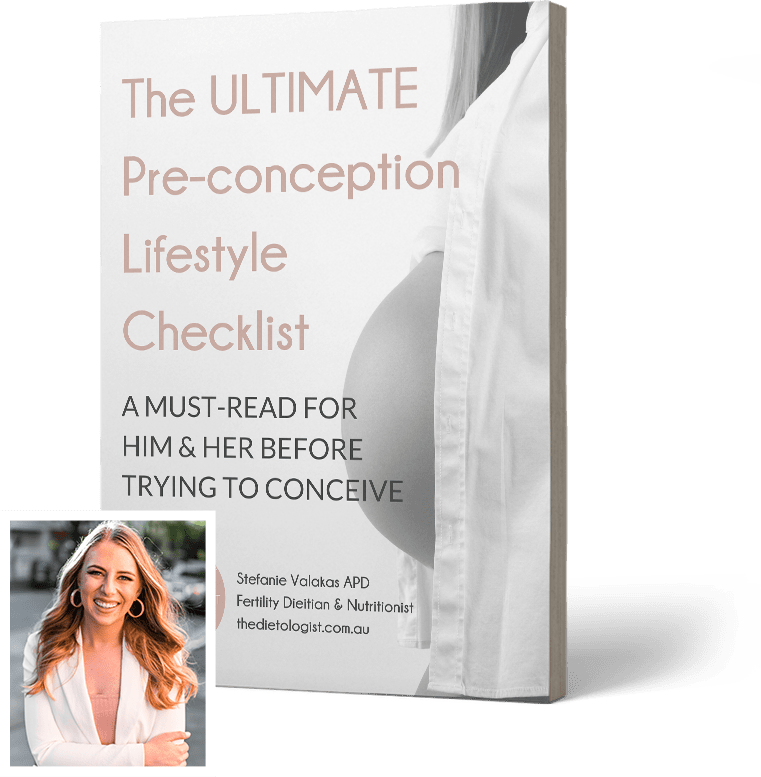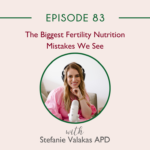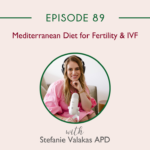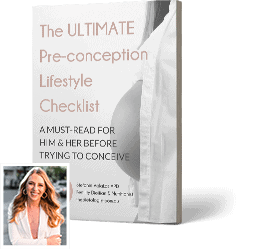Fresh from attending the World Endometriosis Conference in Edinburgh, Scotland, where Stef presented her poster on The Role of The Dietitian in Endometriosis, in this episode, we discuss dietary recommendations for managing endometriosis symptoms based on the latest research.
Stef breaks down her knowledge of the common options we see as endo dietitians including the Mediterranean diet, gluten-free, and the low FODMAP diet. She will also touch on dairy free and the impact of soy on endometriosis backed by the latest scientific evidence. Finding the right personalised nutrition approach is the key to managing your endometriosis symptoms and this episode leaves no stone unturned, you won’t want to miss it!
Show Links
Want to ask us a question and have it answered on the podcast? Ask Us Here!
Want to be a community guest and share your story on the podcast? Apply Here
Here are the links for today’s episode
- Grab our popular Anti- Inflammatory Eating for Endometriosis Masterclass here for just $75AUD!
- Listen to Episode 85 – Low FODMAP Diet For Endometriosis With Kaylee Slater APD here.
- Read more on our blog – What Is The Best Diet For Endometriosis?
- Download our FREE pre-conception lifestyle checklist
Looking for more?
- Want to work with us 1-on-1? Fill in this quick form
- Follow us on Instagram @the_dietologist or @endo.dietitian
- Dance with us on TikTok @the_dietologist
- Get about us and our services at The Dietologist here: thedietologist.com.au
Disclaimer: The information presented in this podcast is not to be replaced by personalised medical or dietetic advice, please speak to your health care professional before making any diet or lifestyle changes. The Dietologist and its guests do not accept any liability for any harm or damages that occur from following any of the suggestions in these podcast episodes.
Listen on your Favourite platform
Popular Episodes
Grab Our Ultimate Pre-Conception Lifestyle Checklist
A must-read for anyone trying to conceive.
This essential checklist will guide you through supplements, lifestyle, nutrition, and environmental factors that influence your fertility health.





